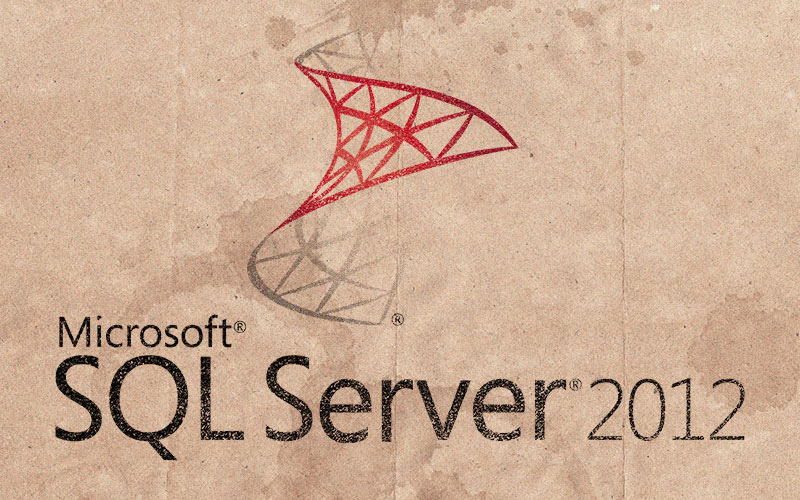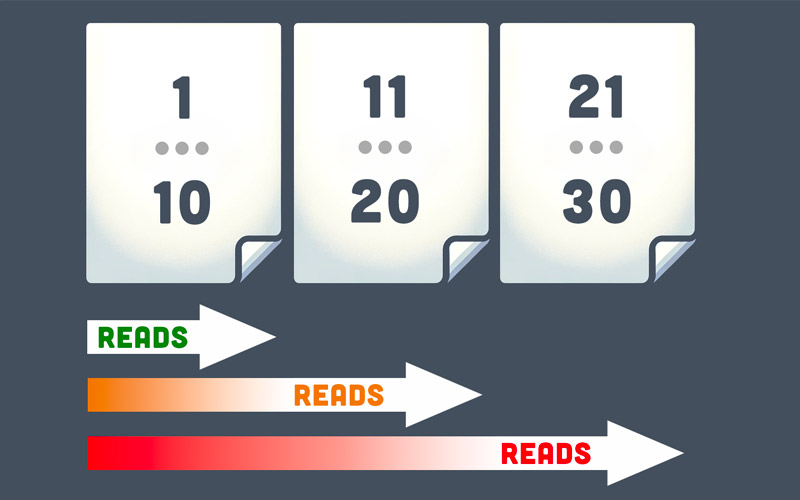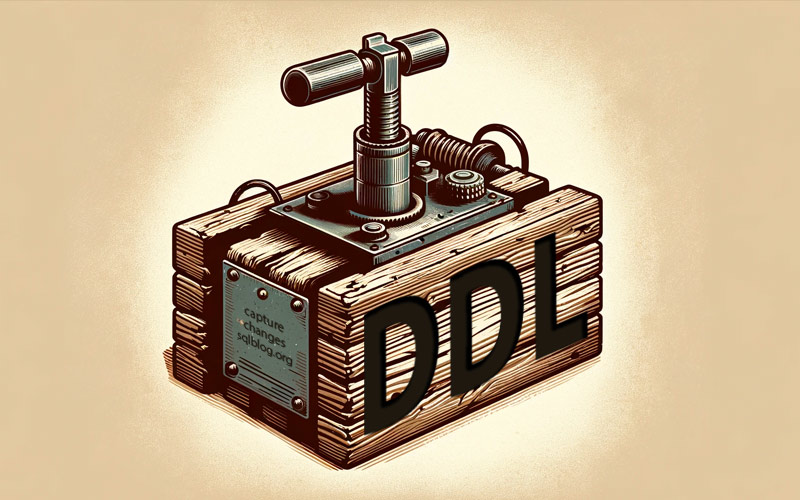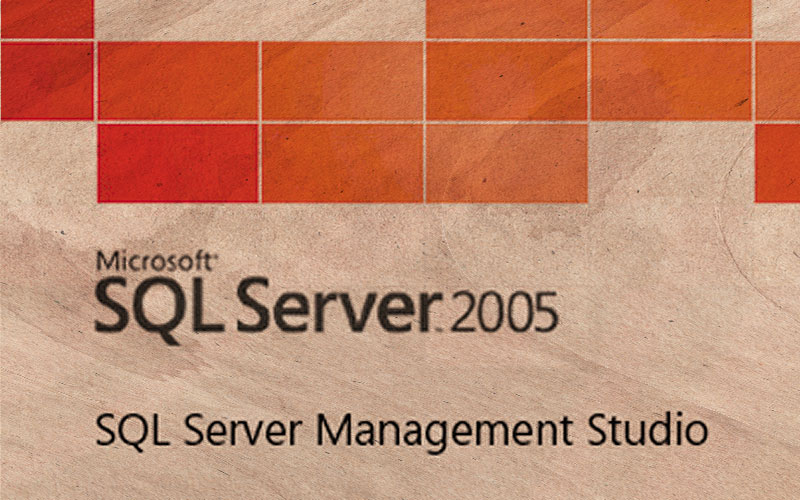Tip : Find unused SQL Server indexes with Policy Based Management
SQL Server
Tip : More intuitive tool for reading SQL Server execution plans
I explain how partially contained databases work and what problems they intend to solve.
I highlight some issues with the 2012 release of Books Online, the documentation set for SQL Server.
I talk about an enhancement introduced in SSMS 2012 that will make it simpler to troubleshoot an offline instance.
SQL Server 2012 introduces OFFSET and FETCH NEXT clause to help simplify pagination.
Discover a potentially breaking change to how object_id values are assigned to #temp tables starting with SQL Server 2012.
For this T-SQL Tuesday, I talk about how you don't have to be a Jedi to use The Force.
See a brute force way to remove stubborn components from SQL Server Evaluation Edition (or any edition, really).
I talk about leaving my architect position at One to One Interactive to join the team at SQL Sentry.
Someone asked how to load a local HTML file into the database. I show one approach.
We got a very bad misleading error message from ASPState; here's how we fixed it.
Your naming scheme isn't important, but being consistent is crucial.
Tip : Make your SQL Server database changes backward compatible when changing a relationship
Tip : Make your SQL Server database changes backward compatible when renaming an entity
I poke a little fun at the mind-numbing levels of profit these penny auction sites must be enjoying.
Gone are the days of the library or poring over a textbook. In the SQL Server community, your peers are your best learning resource.
Kept around for posterity; it's a bit comical in 2024 how much time and effort I spent trying to squeeze milliseconds out of splitting strings.
I've come full circle but in 2010 I sure had a lot of optimism for the common language runtime.
Tip : Make your SQL Server database changes backward compatible when dropping a column
See two BULK INSERT issues I came across and how I dealt with them.
Tip : Make your SQL Server database changes backward compatible when adding a new column
In this tip, I explain Unicode compression, the impact on space, and why it's beneficial.
I talk about a short list of things I'd love SQL Server to just get rid of already.
Tip : Simple process to track and log SQL Server stored procedure use
Tip : Find all columns of a specific data type using Policy-Based Management
I talk briefly about the toll the rest of your short-term responsibilities can take when you immerse your self in valuable training that will pay off in the long run.
I set out to disprove an argument that you can't possibly benefit from both data compression and backup compression.
I felt pretty strongly about some apparent bait & switch by SSWUG.
I talk about several things you can do to know and optimized what's going in and out of your disk.
I talk about creating a view that joins all the possible tables, and suggest that simplification isn't always worth it.
After getting tagged, I talked about a case where I tip-toed around a precarious and grumpy server for years.
See why it pays to be consistent about always aliasing every table and every column in your query.
This post explores what can happen if you are too liberal with permissions for the sake of convenience.
Let's talk about blindly clicking next, next, next during a SQL Server install.
IDENTITY columns are very useful, but consider whether they are needed on every single table.
I give two real-world examples of vulnerabilities allowing for SQL injection.
I talk about what I forgot to talk about at a recent presentation on Management Studio.
Decrypting an encrypted stored procedure is not difficult – but is it ethical?
I tried to deploy nested stored procedures that both had a cursor with the same name. It didn't go so well.
I explain how indexed views helped resolve a highly contentious e-mail delivery system.
I share my own experience with page compression in a production environment.











































